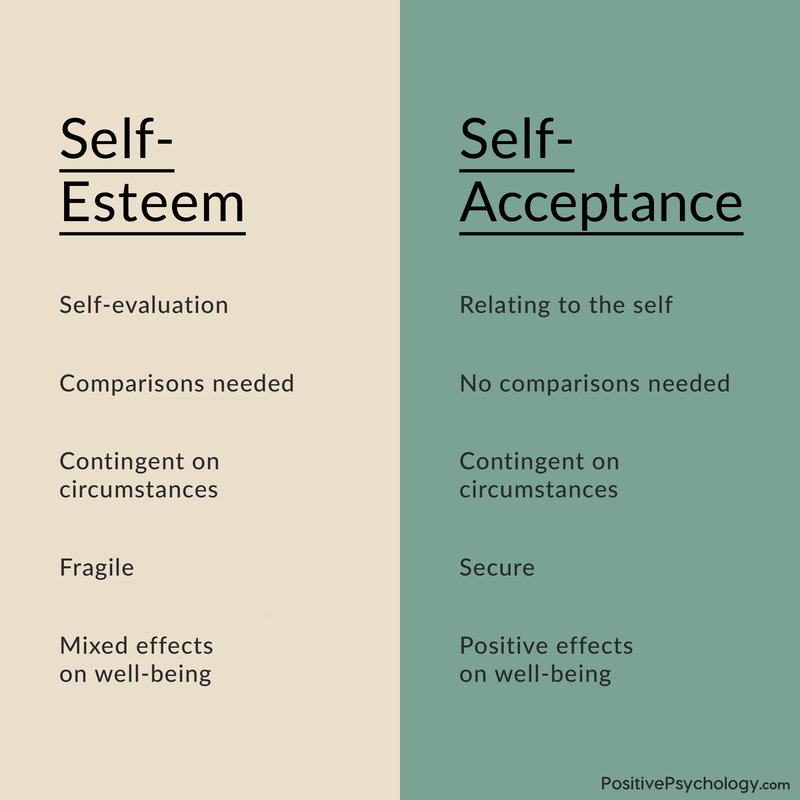Understanding Self-Love
Self-love is a crucial aspect of personal well-being, encompassing self-acceptance, self-respect, and self-compassion. It involves acknowledging one’s strengths and weaknesses, embracing imperfections, and prioritizing mental health. In recent years, public figures like Dr. Umar Johnson have emphasized the importance of self-love in the Black community, urging individuals to take responsibility for their actions and seek therapy when needed.
A strong sense of self-love can lead to higher self-esteem and improved emotional well-being. According to psychologist Nathaniel Branden, there are six pillars of healthy self-esteem, including self-acceptance and self-responsibility. By practicing self-love, individuals can develop a balanced view of themselves, which positively influences their relationships and achievements.
Self-love is not only about emotional well-being; it also plays a role in physical health. Engaging in self-care practices, such as exercise, proper nutrition, and adequate sleep, can decrease stress and anxiety levels.

Additionally, setting boundaries and prioritizing self-worth can lead to healthier relationships and a greater sense of fulfillment.
One way to foster self-love is by participating in clubs and organizations that offer support and resources for personal growth. For example, Danni, the founder of Self-Love Day, created a platform to promote self-care practices and positive mental health. Similarly, the “I’m Proud of You Sis” podcast showcases success stories and promotes inclusivity and equity.
In today’s fast-paced world, it’s essential to prioritize self-love and self-care. By doing so, individuals can improve their overall well-being and develop the ability to care for others. As the web series “Never Have I Ever” teaches, perseverance and seeking help for mental health issues are vital life lessons that can lead to personal growth and happiness.
In summary, understanding and cultivating self-love is a vital component of a healthy and fulfilling life. By embracing self-compassion, challenging negative self-talk, and engaging in self-care practices, individuals can build a strong foundation for personal growth and meaningful relationships.
Practices for Cultivating Self-Love
Cultivating self-love is essential for overall well-being and happiness. It involves accepting and valuing oneself, prioritizing one’s own needs and desires, and engaging in practices that foster self-appreciation. Here are some effective methods and techniques to develop self-love.
Positive Self-Talk and Affirmations
Start by replacing negative thoughts with positive affirmations. Repeat phrases like “I am worthy,” “I am enough,” and “I deserve happiness” to yourself daily. This simple practice can have a significant impact on your self-esteem and self-confidence.
Self-Care Activities
Engage in self-care practices that nourish your body, mind, and soul. This can include activities like exercise, meditation, spending time in nature, or indulging in a favorite hobby. Prioritizing self-care sends a powerful message to yourself that you are worth the time and effort.
Setting Boundaries
Learn to set healthy boundaries in your personal and professional life. This means saying no to things that don’t align with your values or drain your energy. Setting boundaries is a crucial aspect of self-love, as it demonstrates respect for your own needs and well-being.

Practicing Forgiveness
Forgive yourself for past mistakes and let go of any lingering guilt or shame. Remember that everyone makes mistakes, and it’s essential to learn from them and move forward. Practicing forgiveness allows you to release negative emotions and embrace self-love.
Challenging Negative Beliefs
Identify and challenge any negative beliefs you hold about yourself. Work on reframing these thoughts into more positive and empowering ones. Cognitive behavioral therapy (CBT) can be a helpful tool in this process, and you can find support from a licensed therapist or online counseling platforms.
Additional Tools for Self-Love
Mindfulness, journaling, and creative expression are also valuable practices for cultivating self-love. These activities encourage self-reflection, self-awareness, and self-expression, leading to a deeper understanding and appreciation of oneself.
Incorporating these practices into your daily life can lead to increased self-esteem, resilience, and more fulfilling relationships. Remember that developing self-love is an ongoing process, and it’s essential to be patient and compassionate with yourself along the way.
Overcoming Self-Criticism and Negative Self-Talk
Overcoming self-criticism and negative self-talk is crucial for cultivating self-love and improving mental well-being. Negative thoughts can lead to anxiety, depression, and low self-esteem, while positive self-talk boosts confidence and motivation. Here are some effective strategies to combat negative thoughts and self-criticism.
Practice Mindfulness
Mindfulness helps you stay present and aware of your thoughts without judgment. Incorporate mindfulness practices like meditation, deep breathing, or even mindful walking into your daily routine. Research shows that mindfulness can reduce negative thoughts and improve overall well-being. Learn more about mindfulness techniques at Mindful.org.
Use Affirmations
Affirmations are powerful tools for shifting your mindset and reinforcing positive self-talk. Create personalized affirmations that resonate with your goals and values. Repeat them daily to strengthen your self-love and combat negative thoughts.
Keep a Journal
Journaling helps track your progress in changing thought patterns and serves as a reminder of your growth.

Write down your thoughts, feelings, and accomplishments to reinforce your ability to overcome self-criticism.
Practice Gratitude
Focusing on gratitude can shift your attention away from negative thoughts. Make a daily list of things you’re thankful for to foster positivity and self-love.
Engage in Joyful Activities
Participate in hobbies and social activities that bring you happiness and fulfillment. These experiences can improve your well-being and boost self-esteem.
Consider Cognitive Behavioral Therapy (CBT)
CBT is a therapy often used to treat depression and anxiety. It focuses on the relationship between thoughts, emotions, and behaviors. CBT techniques can help combat negative self-talk and change thought patterns. Find a qualified therapist through the Association for Behavioral and Cognitive Therapies.
Remember, cultivating positive self-talk takes time, effort, and consistency. By practicing these strategies, you’ll be on your way to a more fulfilling life filled with self-love and improved mental well-being.
The Role of Self-Compassion in Self-Love
Self-compassion is a crucial component of self-love, as it involves treating ourselves with kindness and understanding during difficult times. By practicing self-compassion, we can foster emotional healing and cope with negative emotions more effectively. In fact, research has shown that self-compassion is positively associated with greater emotional well-being, lower levels of anxiety and depression, and higher levels of life satisfaction.
Embracing Self-Compassion
To cultivate self-compassion, we must learn to direct kindness and understanding towards ourselves, especially when we face challenges or setbacks. People who are more self-compassionate experience more optimism, feel more alive, and have more energy. Interestingly, self-compassion is considered more important for well-being than self-esteem.
One way to improve self-compassion is through the practice of yoga. Yoga promotes mobility, flexibility, balance, mindfulness, and a sense of community, among other benefits. By allowing people to be more present and accepting of their bodies, yoga can lead to greater acceptance of themselves. Multidisciplinary Association for Psychedelic Studies (MAPS) website.
Self-Love and Personal Growth
Cultivating self-love can be challenging, but the rewards are immense. Embracing self-love leads to personal growth, happiness, and productivity. Furthermore, it allows us to develop a deeper understanding of our purpose and values, paving the way for more meaningful and fulfilling relationships.
In addition to psychedelics, practices such as mindfulness, therapy, and self-reflection can aid in developing self-love and acceptance. It’s important to remember that self-love is not selfish; rather, it enables us to form healthier and more authentic connections with others.
Ultimately, self-love is a continuous journey that requires ongoing effort and patience. By prioritizing self-love, we can experience profound personal growth and fulfillment, positively impacting our relationships and overall well-being.
